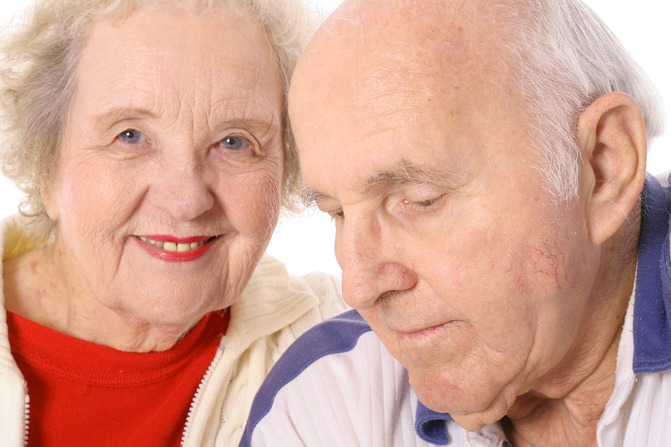By Kate Fallon, a licensed clinical professional counselor at Ageless Journeys. She also teaches the Savvy Caregiver program at Southern Maine Agency on Aging.
Have you had moments of frustration, wanting to help your aging parents in some way only to find they refuse you? It can be very frustrating to meet with resistance. You likely find yourself experiencing a great deal of ambivalence — strong, conflicting feelings that can be unsettling. You love your parents and would do anything for them. You are also worried; fearful something bad may happen to them, as they are more vulnerable now. At the same time, you resent the efforts you are making along with how powerless you feel to help. Naturally, all this leads to feeling guilty about your frustration, creating an endless cycle of exhausting emotion. And still, they refuse.
It is heartbreaking to see your parents’ health and cognition changing, perhaps failing. Though you can see that they would be better off if they allowed someone — anyone — in to help them, they are still competent adults, free to make choices that seem questionable to you. If you are the one who sees them most often, you have information that no one else does. You can take steps to make a difference for them although they still have the right to say no.
Engage others to share in encouraging them to get some help in the home: health care providers, neighbors, or trusted friends. You are their child, so you may not be the most effective messenger. Gentle reminders that you just want to be sure they are safe and can stay independent may be a place for you to start. Consider how you feel when people are telling you what to do. You push, they resist. Empathize with them and ask them about their thoughts and worries. Emphasize all the things they can still do well. Suggest some points where you might negotiate together in order to ensure their well-being. Be flexible and willing to consider all options.
Keep your own self-care a priority while struggling with your concerns about your parents. Caregiving can create anxiety and stress related illnesses. Burnout is a real possibility so manage your stress in ways that work for you; get rest and support so you can continue to be your parents’ best advocate while keeping yourself safe and healthy too.
Next month Kate will focus on signs that you should be aware of that might mean your parents need a little extra help.
Have you had to step in and give your parents a helping hand? How did you start the conversation?
[/fusion_builder_column][/fusion_builder_row][/fusion_builder_container]


This post struck a cord with me since my wife and I just recently had this experience. My wife has lost a significant amount of weight since our two children, aged 57 and 50, last saw her before visiting us in Florida a few weeks ago. They were startled by her weight loss and and immediately wanted to almost force her to start taking a quesionable and very expensive supplement, something we merely attempted to say no to. The situation escalated into a most unpleasant confrontation. My wife is 82 years old with a long history of Gastrointestinal problems going back to 1980. What our children would not accept is that we were fully cognizant of her condition and that she had three very capable doctors addressing her condition resulting in her being given numbers of tests to rule out a variety of illnesses. She was recently diagnosed with Gastoparesis, a condition resulting in her stomach not emptying normally, explaining why she just could not get enough food into her system to maintain weight. She is now being treated for the condition. Our children just would not accept that we were fully capable of doing everything that was necessary and were doing it. Emotion seemed to get in the way of rationality. I told them that their concerns were valid and any suggestions would be considered but we were the ones to make final decisions. I feel that your article does not acknowledge that many seniors are still very much in control of their faculties and do not want to be needlessly pushed into things that they do not consider worthy of doing. That is not to say that many seniors do in fact need help but let us acknowledge those who are quite capable of taking care of themselves, at least up to this point in their lives.